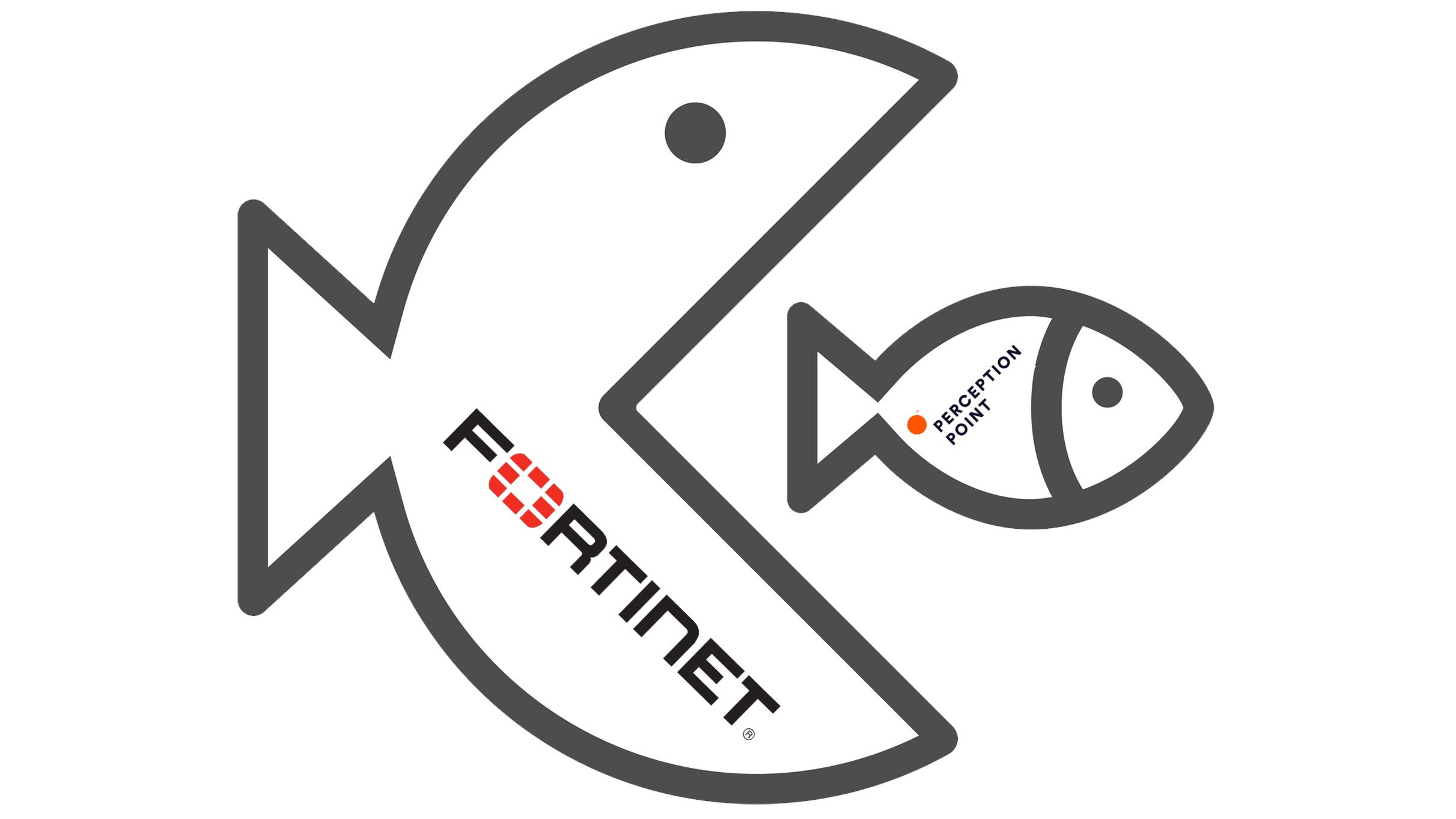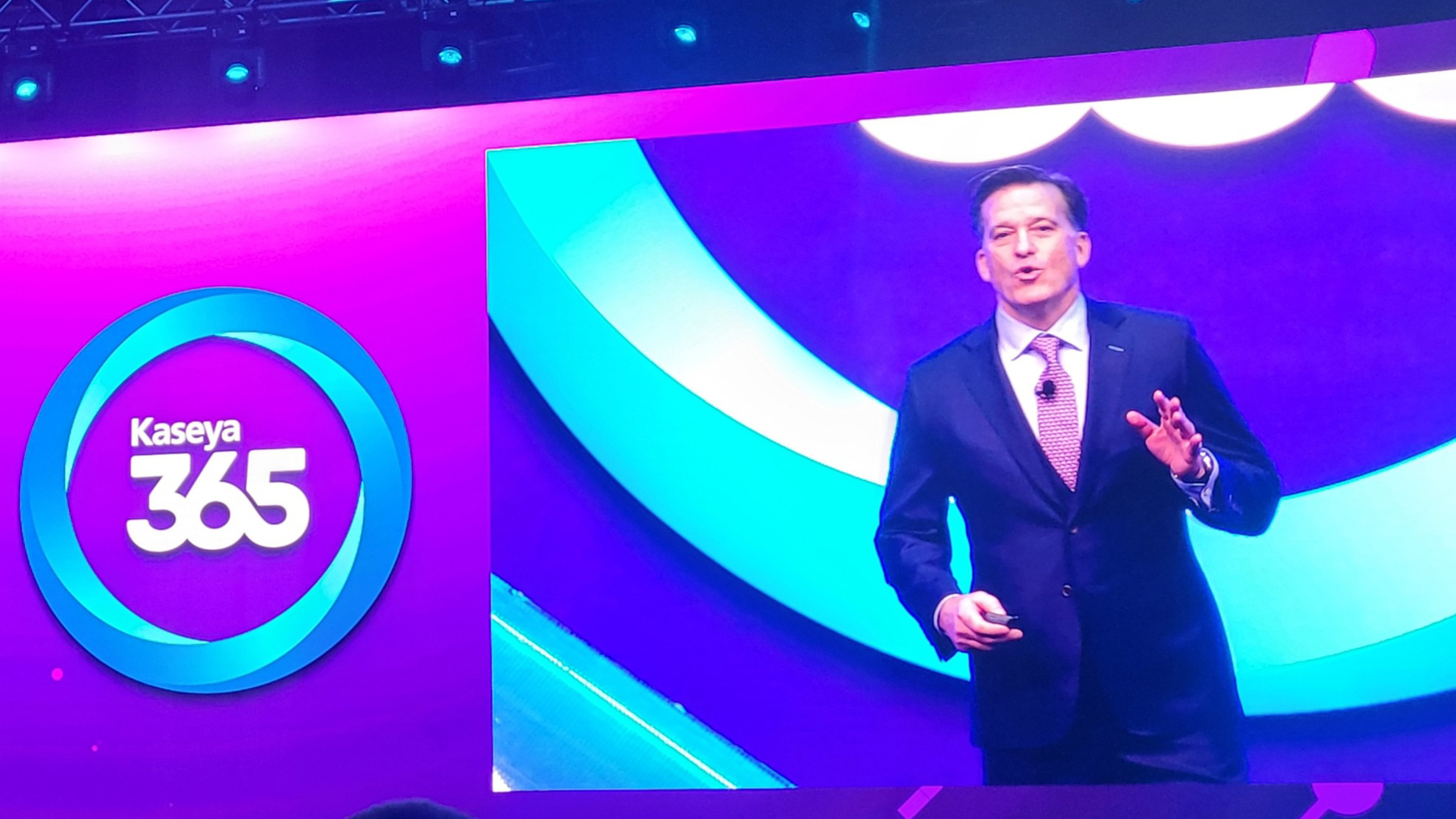By Martin Sinderman
Typically sold in combination with traditional hard disk drives, solid-state drives (SSDs) are now making their way to market as stand-alone storage solutions, thanks to increased reliability and cost-effectiveness.
Like hard drives, SSDs are storage devices. Unlike hard drives, they utilize flash memory to store and access data. Because they don’t rely on moving drive heads, SSDs are much less susceptible to mechanical problems than disk-based storage devices. They also deliver better I/O performance, consume less power, and are typically lighter and quieter.
That makes them a good fit for organizations with large amounts of underutilized storage space, according to Greg Schulz, founder and senior adviser with the Server and StorageIO Group. “If you are a channel partner and have customers that are only utilizing a portion of their drive space, but they have a lot of activity on those drives, you should be moving them into solid state,” he says.
“We tell people that if they are at a point in data center development where they are considering adding additional hard drives to a disk array to increase performance, they definitely should consider going solid-state,” adds George Crump, lead analyst for Storage Switzerland LLC, a consulting firm focused on the virtualization and storage markets.
With acceptance of SSDs growing, storage vendors have now begun supplementing products that blend disk-based and solid-state storage with new flash-only products, some of which are specifically targeted at SMBs.
Earlier this year, for example, Ashaway, R.I.-based GreenBytes Inc. launched Solidarity, its first all-flash iSCSI storage array for SMBs. Aimed at heavily virtualized organizations, Solidarity offers built-in storage deduplication and compression, as well as a combination of single-level cell and multilevel cell flash drives. The 3U dual-controller system scales from 3.5TB to 13.5TB of drive capacity, but users who enable both deduplication and compression can expect to achieve an effective capacity of anywhere from 15TB to 60TB, GreenBytes says. The new system can perform up to 70,000 R/W 8K input/output operations per second when deduplication and compression are enabled too.
“The SMB sector is ripe for all-flash storage products because the price/performance economics are rapidly coming in line,” says Mike Lehrer, GreenBytes’s western region sales director. With SSD costs dropping and densities rising, he continues, “flash storage is quickly becoming the go-to and eco-friendly solution in the storage industry.”













